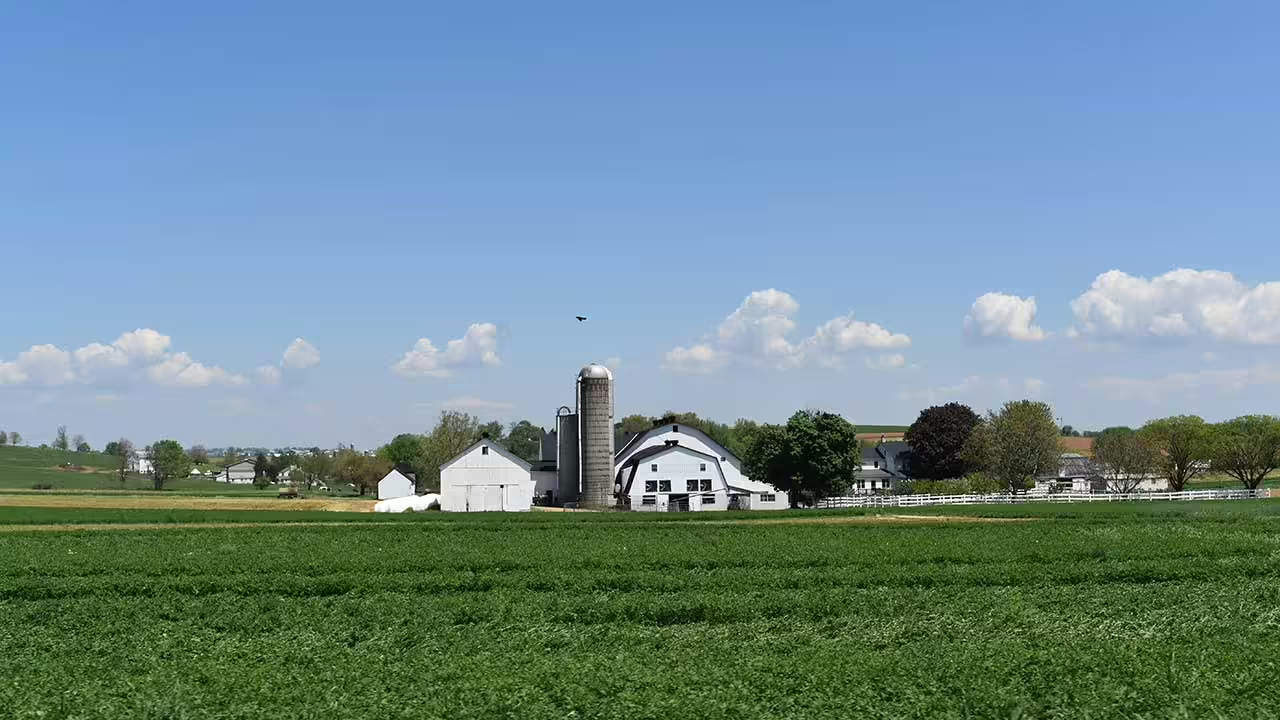USDA Says China Issued New CBD Policies and Regulations
Summarize

The U.S. Department of Agriculture (USDA) has informed that the People’s Republic of China is making a policy change concerning CBD from hemp and six other non-cannabis compounds. Effective September 1, 2024, CBD and the other compounds will be classified as precursor chemicals, which means they are subject to stricter regulations concerning licensing, reporting requirements and export eligibility.
Despite the restrictions, the USDA says industry analysts see trade and commercial benefits from the measure. The reason is that after licensed businesses get proper approvals,
“…CBD can be legally produced and marketed nationwide, instead of being produced only in Yunnan and Heilongjiang as it is now.”
Also, the international export system for CBD from China will be simplified.
Currently, China allows the export of CBD, but it does not allow the use or sale in China. The USDA is working to support the hemp industry in various ways. For example, the agency appointed industry stakeholders to a federal trade advisory committee to ensure the CBD industry has a voice in U.S. efforts to promote U.S.-grown cannabis internationally. An example is the appointment of Dylan Summers, Vice President of Government Affairs for Lazarus Nationals to the Agricultural Technical Advisory Committee for Trade in Tobacco, Cotton, Peanuts and Hemp.
The USDA has also awarded grants to the National Industrial Hemp Council to promote the CBD industry internationally. This is during a time when the CBD industry continues to experience turmoil and uncertainty. Recently, House committee representatives advanced bills to the House floor for a vote that would likely ban the sale of most products made with CBD from hemp. The bills remain in limbo in Congress.
The Farm Bill is also up for debate on revisions, which is reviewed and revised every three years. The new provisions may give states and tribal entities the right to eliminate a policy that prevents people with felony drug convictions obtained in the prior 10 years from being licensed to produce industrial hemp, the source of CBD. There is still a lot of ongoing debate on issues like whether CBD should be allowed to be marketed as dietary supplements or food.
The CBD market seems to remain in a constant state of turmoil. Hemp farmers and CBD product producers must constantly worry that the federal or state governments will restrict their ability to succeed or even stay in business. This is despite years of clinical research demonstrating CBD’s effectiveness in promoting wellness in various ways. It is more difficult each year that passes to understand why U.S. lawmakers and regulators at all government levels are unable to agree on the legality of CBD products.
Share this post


0